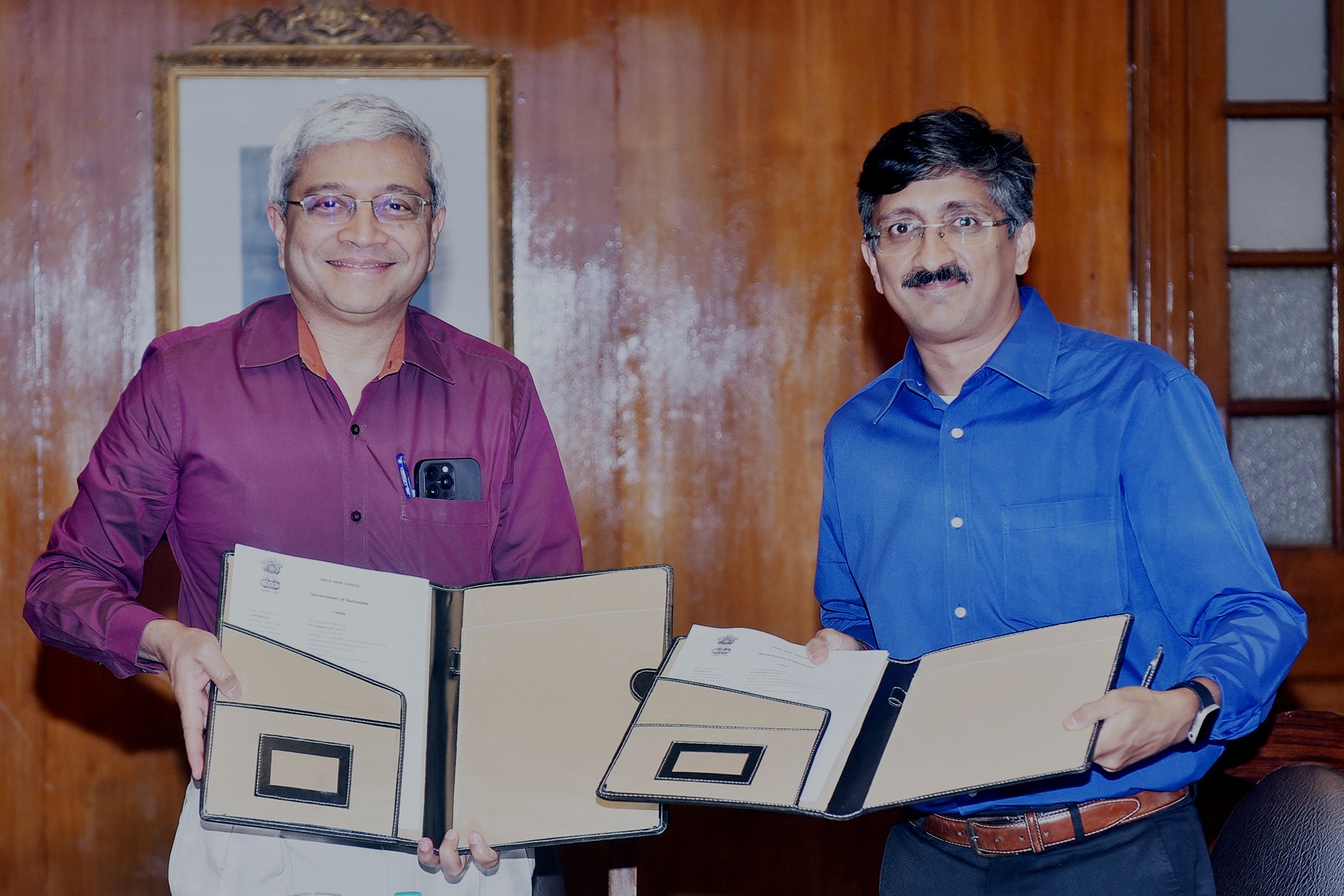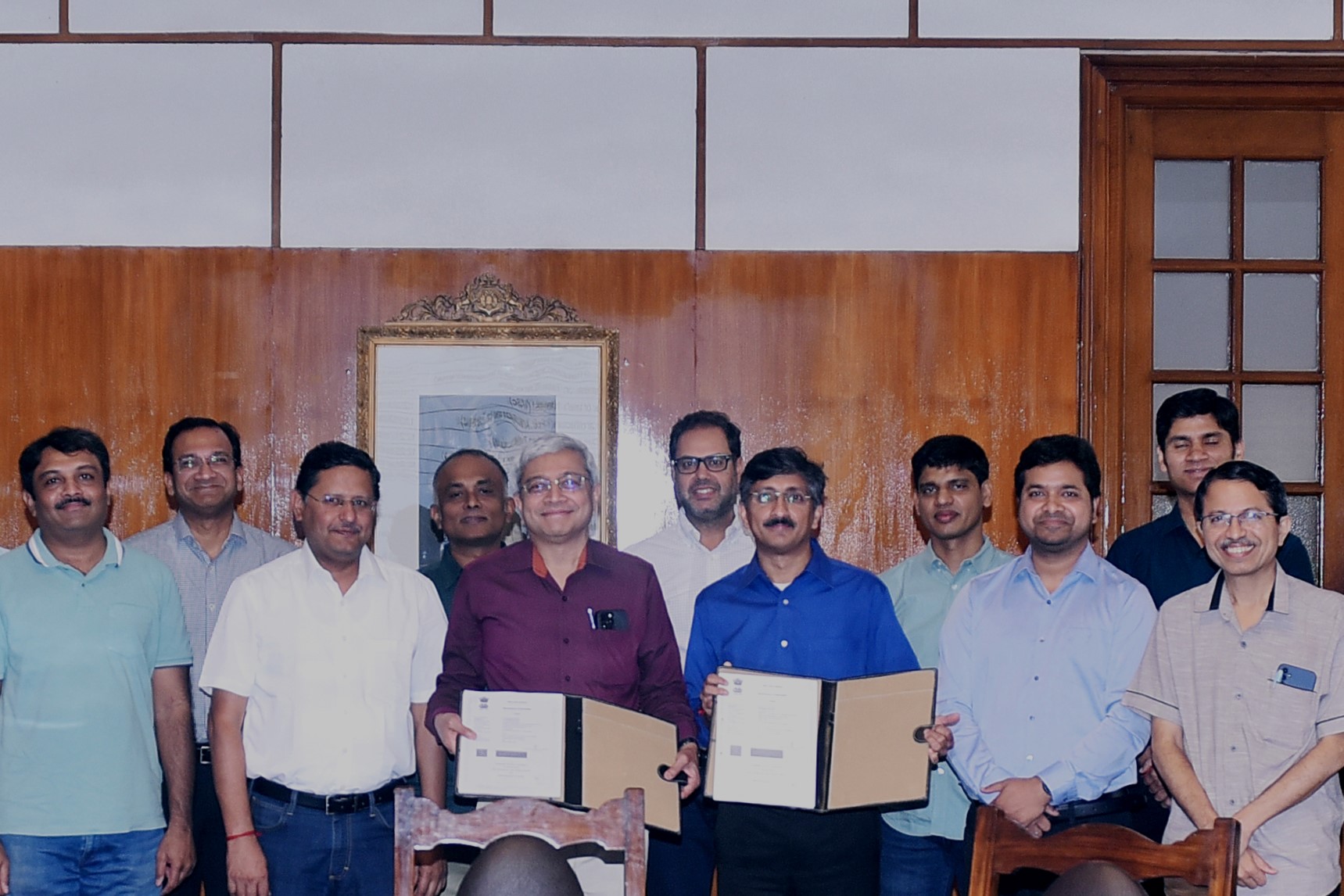In a landmark collaboration, Intel, a global technology leader, and the Indian Institute of Science (IISc) are set to drive innovation in thermal management for next-generation microelectronic systems. Led by Mayank Shrivastava, Associate Professor, Department of Electronic Systems Engineering, IISc, this partnership is poised to push the boundaries of on-chip thermal management, harnessing the potential of graphene-based solutions. The collaboration aims to develop futuristic solutions in microelectronic systems and thermal capabilities.


The partnership was initiated through a Sponsored Research Agreement (SRA) signed as part of the Intel-SERB-FIRE programme in August 2023. On 8 April 2024, the exchange ceremony took place at IISc, in the presence of Gokul Subramaniam, Intel India President and Vice President, Client Computing Group, and G Rangarajan, Director, IISc, along with technology leaders from Intel India and senior faculty members from IISc. At the event, discussions were also held on key areas of mutual research interest for IISc and Intel.
Intel’s funding will fuel cutting-edge research with a specific focus on on-chip thermal management for microelectronic systems. Leveraging the exceptional properties of graphene, this research aims to pioneer transformative solutions that will reshape the landscape of future microelectronics systems. Thermal management is a pressing challenge in current and future electronic devices, and adds significantly to the system size and weight. The partnership between Intel and IISc signifies a strategic alliance focused on tackling these challenges and fostering innovation in microelectronic systems.

Intel, a global technology leader, is renowned for its contributions to advancing computing and technology. IISc is India’s premier academic institution that offers world-class education and research in science and engineering. This partnership represents a significant stride towards unlocking the full potential of microelectronic systems.




